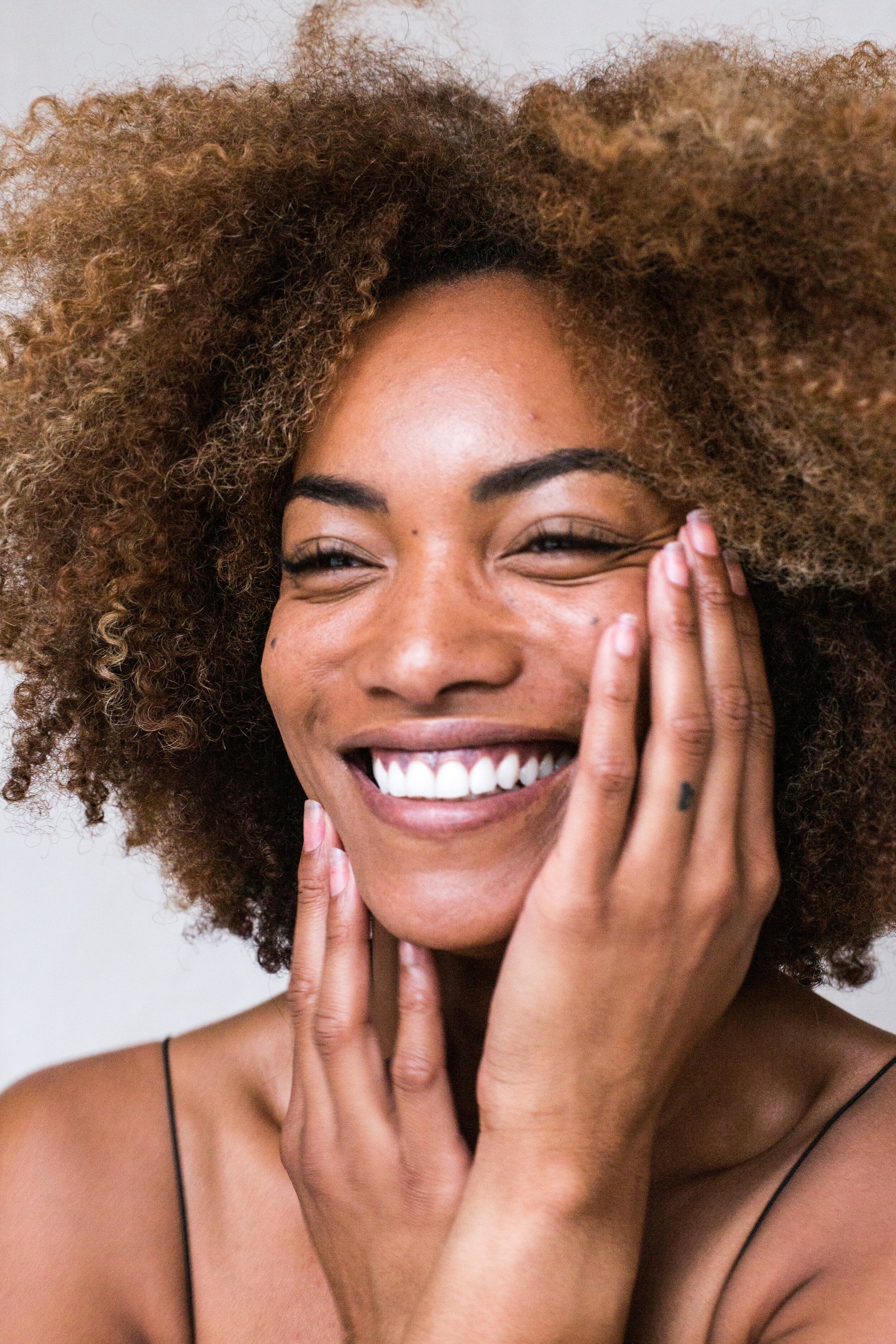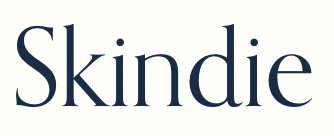
Can Glycolic Acid be Used on Darker Skin Tones? A Collab with Esther Olu (@themelaninchemist)
The skincare community is honing in on skincare ingredients like a ballistic missile. We’re more aware of what we put on our skin than ever before. So much so that AHA/BHA, Vitamin C, Hyaluronic Acid, Niacinamide, and Retinol rack up hundreds of thousands of searches online per month. While many of these ingredients are helping people bask in the glory of good skin, there is one chemical exfoliant steeped in debate around its use on people of color. Glycolic Acid ring a bell?

Meet Tiffany Buzzatto, Founder of DEW MIGHTY
Hydrate skin, check. Clear space on vanity and reduce water consumption — double check! Amazon named "waterless beauty" as one of the top beauty trends for 2021, and it’s no surprise we’re seeing more and more beauty products being packaged as solid, waterless formats.
Water-free beauty is about the art of formulation and achieving legitimate sustainability goals, so we thought to follow up on our deep dive with an interview featuring a waterless beauty brand founder. We turned to Tiffany Buzzatto, creator of DEW MIGHTY, to get more insights on formulating sans aqua and what it’s like to strive for zero waste.

Is CBD in Skincare All that it’s Cracked Up to Be?
While some of us might be celebrating the legalization of marijuana, one of its non-intoxicating components, CBD, has found its way into our beauty routines. CBD has become the buzziest hero ingredient across beauty and wellness, popping everywhere from smoothies to serums. The beauty biz has been busy lifting CBD’s potential in medical therapies (e.g., chronic pain, anxiety, and certain types of childhood epilepsy) to skincare, bath, and body products.

What’s Up with Waterless Beauty?
We’re feeling a bit like an astronaut lost in skincare space — first waterless, now freeze-dried beauty. While it might sound a little out there, waterless beauty isn’t a new trend — only now, it comes with a better sustainability story and some interesting new innovations.
“Waterless” (or anhydrous or water-free) personal care products and cosmetics are formulated without — you guessed it — water (you’ll typically see this as aqua or just water in the ingredient list). Lipsticks, pressed powders, dry shampoo, soap bars, balms, and cleansing oils are the most familiar examples, while solid formats like shampoo bars are newer to the market.

The Mastery of Merit
The beauty industry has reached a saturation point — with new brands and products popping up on the regular. With all the noise, it’s challenging for brands to cut through and make an impact, and for consumers to keep up with the dizzying array of choices.
There’s been one exception as of late and it’s the third brainchild of serial entrepreneur Katherine Power and the new “clean” makeup brand on the block: Merit Beauty. By the way, for us beauty obsessed folk, Power is a master magician in the art of the beauty business. And Polina should do a profile on her.

Trends We Hope Won’t Stick Around in 2021
There’s plenty that happened in 2020 (and even before) that we’d like to forget, including some skincare trends. Like the Marvel universe, the “beautiverse” continued to expand beyond what we can process and filter. That said, there are always inescapable topics taking over our social media and virtual beauty aisles – ones we may not even be interested in but get forced to think about. Like – do I need a skincare fridge? Or, I’ve got vitamin C, retinol, and sunscreen – do I need something with CBD? We compiled some of the worst of the worst, hoping they either won’t stick around in 2021 or make a more deserved comeback.

Move Over Oat Milk Lattes and Make Room for Oatmeal Infused Skincare
You’re getting a true bang for your buck on this one. This cleansing balm is a thick, gooey treat for the skin that blooms into milk once you add water. With anti-inflammatory and skin soothing ingredients, it gently dissolves makeup, cleanses, hydrates, and moisturizes the skin, while leaving it calm and protected. And the best part? It's just ten bucks.

Meet Ron Robinson, Founder of BeautyStat Cosmetics
We rarely get on any beauty bandwagon without a ton of research and skepticism. But when we heard about the BeautyStat Universal C Skin Refiner from BeautyStat Cosmetics, we were hooked by the crisp, direct messaging and the science behind their all-star formulation.
That simplicity in messaging and elegance of formula is courtesy of founder Ron Robinson (@ronrobinsoncosmetichemist), a veteran cosmetic chemist with over 20 years experience in creating innovative, big-selling beauty products for some of the most recognizable beauty brands.

False Sunscreen Label Claims are Not as Rare as You Think. Remember the Purito Controversy?
A few months ago, ingredient database INCIDecoder shared lab results revealed that one of the most beloved Korean sunscreens, Purito Centella Green Level Unscented Sun SPF 50, had a false label claim with an actual sun protection factor of only 19 (less than half of its purported SPF 50 claim). With sunscreens being as top of mind as ever – emotions ran high and people were irate.
The incidence with Purito is not an isolated phenomenon. And false label claims can happen with all sunscreens, not just Korean sunscreens. Shocking, we know, especially when we’re talking about a product that is classified as an over-the-counter drug here in the US and goes through rigorous testing. Aside from Purito, skincare influencers like Lab Muffin Beauty Science came forward to clarify how false sunscreen label claims can happen.

